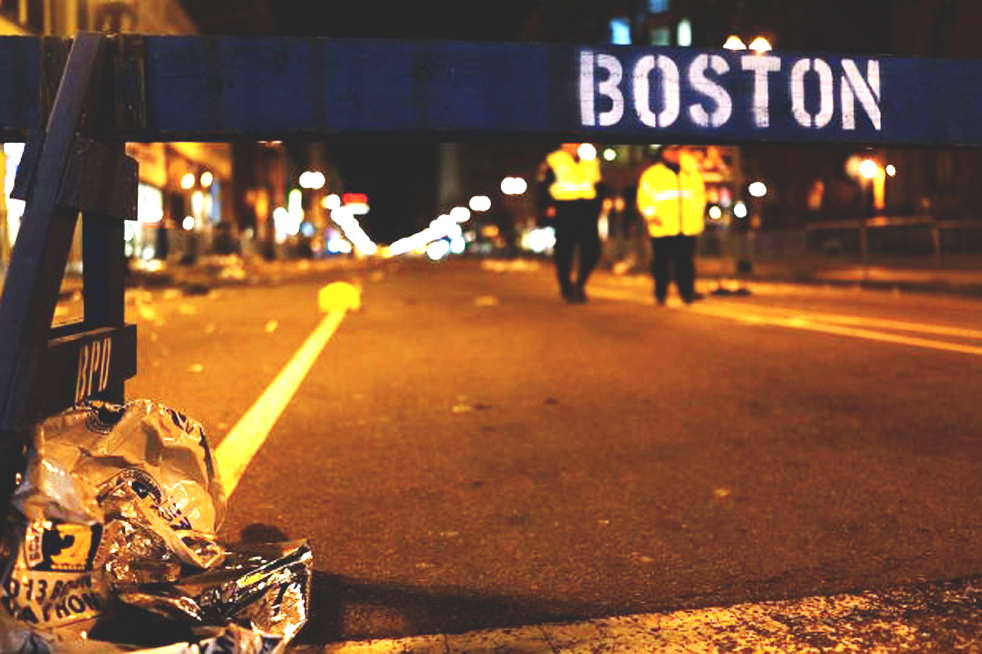About three months ago, the world was shaken by a series of deadly explosions at the Boston Marathon. I remember April 15 quite vividly. I was doing my best to uphold my New Year’s resolution in a small church gym in northwest Georgia when a group of exercisers huddled around the gym’s television attracted my attention. Curiosity got the better of me, and I distinctly remember wondering what pointless, “political” argument was unfolding on the evening news show.
About twenty seconds later, I stood at the rear of the group, dumbstruck by the images of fleeing civilians flashing across the screen.
All of a sudden, it didn’t matter to anybody in that room that the other gym-goers crowded around that television had spent week after week in that tiny weight-room bitterly contending their opposing party’s beliefs, often to the tune of some news station blaring contentions and accusations that its constituents would endure even the ungodliness of commercials to continue hearing.
In that moment, and in the days that followed, all that mattered was that the lives of hundreds of innocent civilians lay in pieces. All that mattered was that we stood together, united in respect and defense of the victims. As humans, we have this ability to band together in times of disaster; when faced with devastation, there is a compassionate unity that seems to instinctively arise in our species.
We also have the ability to quickly forget our core similarities and slip back into petty partisanship, both in our political and personal lives. It seems as if a stubborn division pervades our society, and it is truly heartbreaking that the most reliable restoration of unity comes from a devastating shock to our sense of routine. Before the memories of the 2013 Boston Marathon fade completely from our immediate minds, I urge you to refuse to let unity with your fellow humans be replaced by inconsequential squabbling.
When I was young, my parents often repeated a bit of advice that I feel goes largely unheeded today: never discuss politics or religion with your friends. While this suggestion certainly shouldn’t be an all-encompassing guide to one’s conversational habits, there are always moments in which it’s important to realize that there are certain aspects of life that you and that guy across the hall are never going to agree on.
Two people in a hot debate over the latest hot button issue actually have more in common with each other than their blood-flushed faces might lead an onlooker to infer. One of the main differences between two dissenters is the fact that they hold opposing beliefs; despite whatever inherent or acquired characteristics caused them to take opposite views, the manner in which they pursue and defend their beliefs is strikingly similar.
Don’t keep your ability to empathize with your fellow humans buried away under an oath of partisanship. Remember those who have given everything for causes that we now have the freedom to debate. We have the freedom to disagree, but, more importantly, we have the freedom, perhaps the obligation, to do so in a civilized, compassionate and constructive manner.
Next time someone makes an assertion that causes your blood pressure to rise, remember that we are truly all in this together. As we bob and sway in the wake of the Boston Marathon bombings, we have an obligation to remain united and ensure that solidarity, not partisanship, will define our society. Don’t wait for the next horrific disaster, be it a global or personal one, before reaching out across the aisles that we allow to divide our lives.
